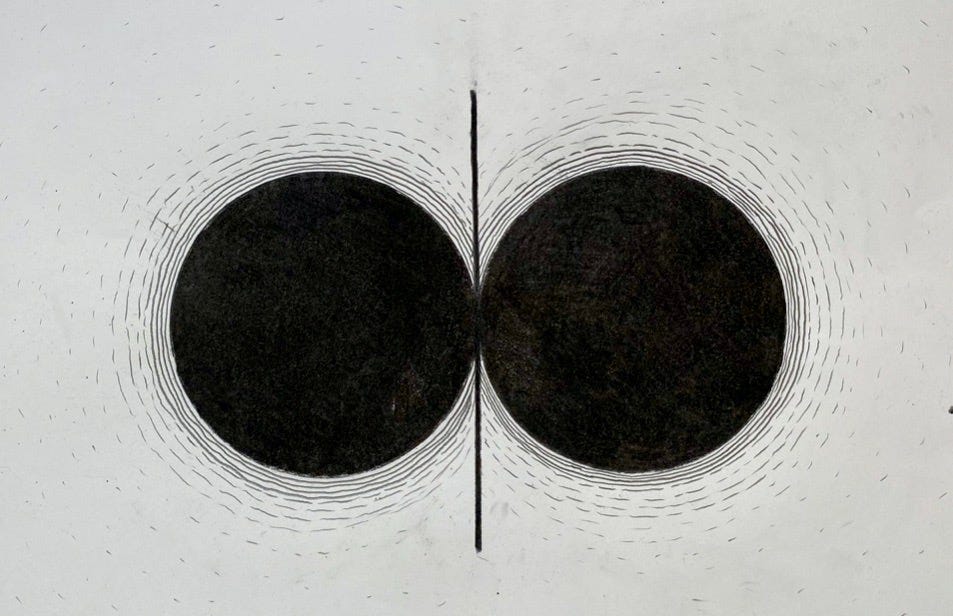Argue like you are right, listen like you are wrong.
The challenge of knowing you are right, but also knowing you might not be.
Argue like you are right, listen like you are wrong.
A good friend of mine David Nobay casually introduced this phrase in a conversation we had a few years back.
I don’t think he realised quite what an impact it would have, I think about it a lot, I use it even more.
It made me stop and think, because the idea behind it, in the words of Freud, felt strangely familiar.
It captured something that I had been thinking and doing a lot about for a long time:
When you think a certain way about a certain thing, have a belief about something, it’s very hard to change that point of view.
Because of those deep biases we all hold, especially those of consistency & belief, we look for things that support those frames, in information, in others, in platforms, in institutions. Through this we actively avoid other views. It reinforces at every turn, in every way, everywhere.
It’s like a wall that’s very hard to climb over, that’s almost impossible to see through, see past.
It explains why we have no difficulty in arguing like we are right, but find it so very hard to listen like we are wrong.
It’s a muscle that must be flexed, a skill that must be developed. Perspective requires practise.
It needs to be a conscious intention, in the moment: What if I am wrong? Is there another way of thinking about this that I haven't considered? What does the opposing side have going for it?
A short cut to this is another question: if I was brought up in a different culture, or in a different time and place, would I think the same way I do now? The answer is invariably, probably not.
This always reminds me of Churchill, someone I find fascinating and deeply respect, but who’s views on some things are very difficult to swallow. If he had lived in this generation, at this time, would he have held the same beliefs about race, about empire and colonialism? I suspect he probably wouldn’t. A hunch compounded by the fact that he had a habit, throughout his life, of really thinking about things, and changing his mind on pretty fundamental stuff (women’s suffrage for one).
I have to constantly remind myself to try and do the same. We all do. Never more so than now, in these times of deep conflict, political division and climate crisis.
What we need more of now is more open minds, with more bridges to other points of view and less walls.





